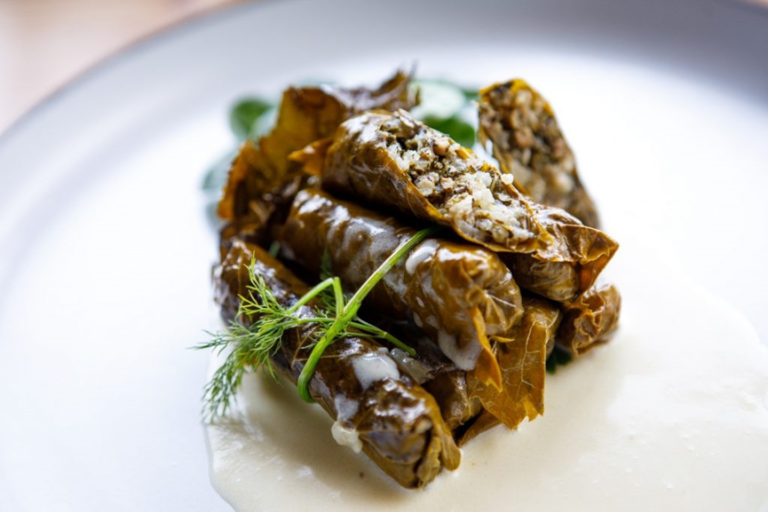The European Union has launched the “EUROPEAN RICE” campaign, an EU-funded initiative aimed at promoting the sustainability, quality, and culinary versatility of European-grown rice, with a particular focus on Japonica rice. This short and medium-grain variety constitutes roughly 75% of rice production in the EU and is a staple ingredient in Mediterranean cuisine.
The campaign seeks to boost the global market presence of European rice, aligning with the EU’s broader strategy to enhance the competitiveness of its agri-food products worldwide. It underscores the EU’s commitment to promoting sustainable agricultural practices, positioning European rice as a premium product that meets high environmental and quality standards.
Japonica rice, known for its smooth texture and slightly sticky consistency, is widely cultivated in regions across Europe. The campaign not only highlights its importance in Mediterranean dishes but also aims to raise consumer awareness about its benefits, versatility, and its role in European culinary heritage. By focusing on this rice variety, the EU hopes to attract greater attention from international markets and showcase its significance within traditional European dishes.
One of the key components of the “EUROPEAN RICE” campaign is a spotlight on the Dolma, a Mediterranean dish that features Japonica rice as a key ingredient. Dolma consists of tender grape leaves stuffed with rice, lamb, and herbs, offering a glimpse into the rich and diverse flavours of Mediterranean cuisine. By promoting such traditional recipes, the campaign connects consumers with the cultural heritage surrounding European rice and encourages its use in modern kitchens.
To support the campaign, a classic Dolma recipe has been shared, showcasing how the quality of European Japonica rice enhances the dish. The recipe emphasises the rice’s texture, which perfectly complements the tender lamb and aromatic herbs, providing an authentic Mediterranean experience.
The “EUROPEAN RICE” initiative is part of the EU’s larger commitment to sustainable agriculture and premium food production. The campaign highlights the use of environmentally friendly farming practices in rice production, supporting the EU’s efforts to meet global sustainability goals. By promoting such practices, the EU aims to reassure consumers that European-grown rice is produced responsibly and with respect for both nature and tradition.
Speaking on the launch of the campaign, EU officials expressed optimism that the initiative would help raise the profile of European rice in international markets, while also promoting the rich culinary traditions associated with it. “The ‘EUROPEAN RICE’ campaign exemplifies our focus on sustainability, quality, and tradition,” said an EU spokesperson. “We hope it encourages consumers worldwide to appreciate the benefits and versatility of European Japonica rice.”
For those eager to try an authentic taste of Mediterranean cuisine, the classic Dolma recipe offers a delicious way to experience the quality of European rice. Featuring fresh herbs, lamb, and grape leaves, the dish is both nutritious and flavourful, reflecting the EU’s rich culinary heritage.
As part of its ongoing efforts to boost the agri-food sector, the EU continues to promote initiatives like “EUROPEAN RICE” that highlight the region’s unique food products, helping them gain recognition on the global stage.

